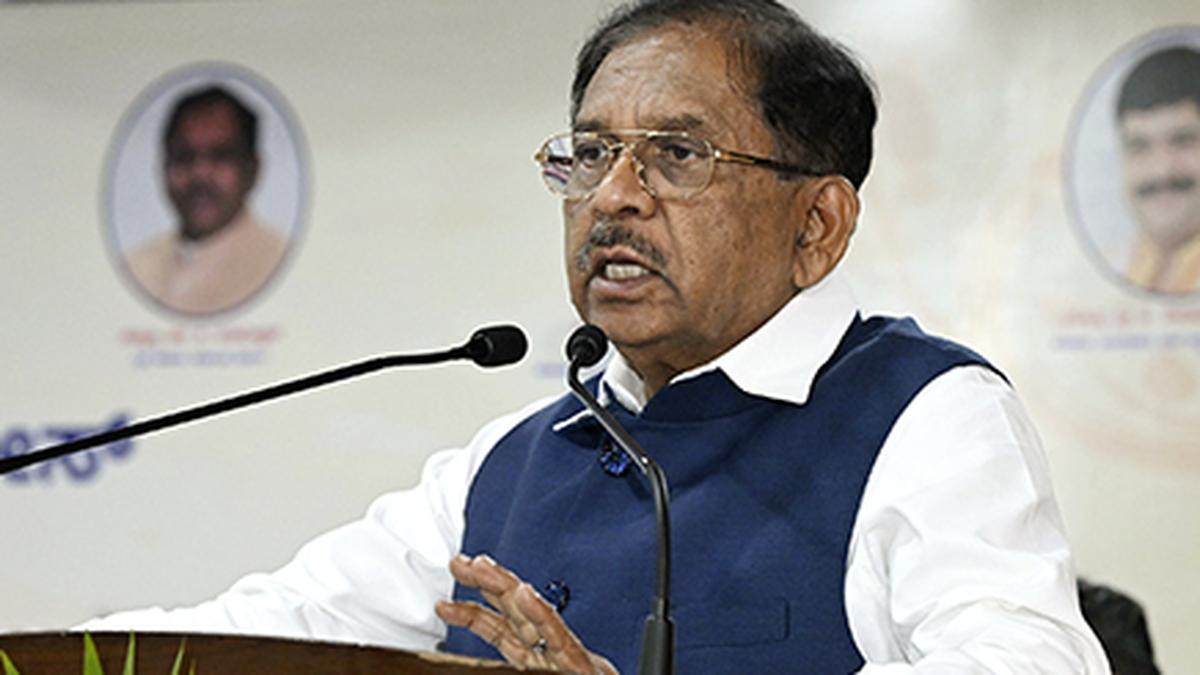Now Reading: Helicopter Operators Decry Unofficial Flying Ban in Uttarakhand
-
01
Helicopter Operators Decry Unofficial Flying Ban in Uttarakhand
Helicopter Operators Decry Unofficial Flying Ban in Uttarakhand

Quick Summary
- Helicopter operators have criticized teh Uttarakhand government for an “unofficial ban” on chopper services after recent air crashes, with five incidents in May and June, resulting in 13 fatalities.
- Operators argue that aviation norms should only be set by the national regulator, Directorate General of Civil Aviation (DGCA), not state bodies.
- Uttarakhand denies a “blanket ban” on helicopters but acknowledges suspending shuttle services for pilgrims to Kedarnath during the rainy season as routine practice.
- Operators claim the State government is discouraging helicopter operations through stringent draft guidelines like increasing pilot flying hours from 1,000 to 1,500 hours and enforcing strict inspections leading to possible suspension or revocation of operating rights.
- Concerns include insufficient trained pilots and negative impacts on connectivity initiatives like UDAN and specific schemes for remote regions.
- Business Aircraft Operators Association (BAOA) recommends measures prioritizing safety such as specialized training programs for pilots with hill-region experience; it urges both robust safety systems and DGCA-approved consultants during pilgrimage seasons while advocating against cost-saving contract models that could undermine safety.
Indian Opinion Analysis
The ongoing disagreement between helicopter operators and the Uttarakhand government underscores a critical debate about regulatory authority in aviation safety. While concerns about recent air accidents are valid,coordination between state aviation bodies like UCADA and national regulators such as DGCA is key to ensuring safe yet efficient operation standards. The operators’ criticism highlights potential challenges posed by overly bureaucratic procedures or unrealistic flight-hour mandates when pilot resources are already scarce. On the other hand, BAOA’s proposal emphasizes pragmatic solutions such as improved pilot training tailored to hill-region risks-a step that aligns with India’s broader goals of enhancing connectivity in remote areas.
Improving mutual trust through transparent consultations between stakeholders-operators, UCADA officials, DGCA-and adopting data-driven approaches can ensure successful implementation without compromising local mobility needs during pilgrimage seasons or undermining regional development efforts under national schemes like UDAN. A focus on balancing operational costs while prioritizing passenger safety will likely determine how effectively these disputes are resolved.























